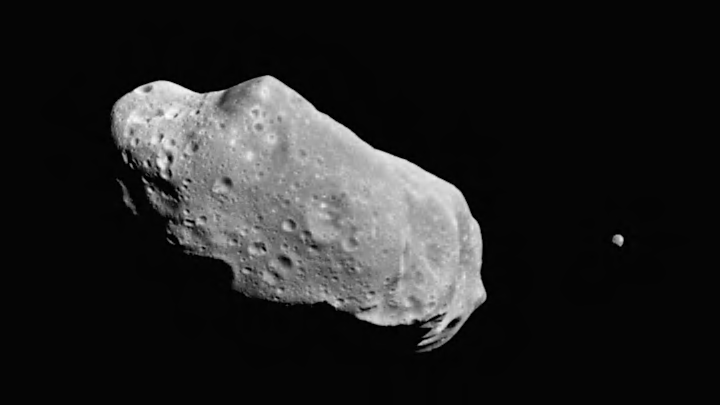Asteroid mining is a common element in many of our favorite science fiction shows and movies, and now it’s about to become a reality. AstroForge, a U.S.-based space company, has recently been granted the first-ever commercial license to mine asteroids beyond Earth’s orbit. This achievement is set to pave the way for obtaining space resources to use here on Earth.
Asteroids are rich in valuable minerals like platinum, nickel, diamonds, gold, and cobalt, elements that are essential for electronics, renewable energy technology, and other high-tech industries. As resources on Earth become scarcer, asteroids offer an almost limitless supply of these materials.
How AstroForge got their license
AstroForge’s license marks the first time a private company has gotten legal permission to explore and extract resources from a celestial body beyond Earth. Approval came from the Federal Communications Commission (FCC), setting a precedent in space governance and signaling a shift towards regulatory support for commercial activities in space.
AstroForge’s mission will involve communicating with and controlling mining equipment far from Earth, ensuring that it complies with strict international and U.S. guidelines.
How new technologies are shaping the future of space exploration
AstroForge’s mission and technology
AstroForge’s first mission will focus on sending a probe to a near-Earth asteroid to analyze its composition and evaluate its mining potential to determine whether it’s a good target for its operations. As it awaits the results, it is partnering with space tech developers to create a system for extracting the minerals and returning them to Earth.
One key technology AstroForge is developing is a compact, efficient mining system that can operate in harsh space conditions. Unlike Earth-based mining, where heavy machinery is the norm, space mining must rely on lightweight, energy-efficient solutions due to the high costs of launching payloads.
What this means for the future of space exploration
AstroForge’s mining license signals a broader shift in the space industry, where private companies are increasingly playing crucial roles alongside government agencies like NASA. As companies like AstroForge and others pursue asteroid mining, we may see a new wave of space exploration focused on acquiring resources instead of gaining scientific knowledge.
If AstroForge’s mission proves successful, it could spur a new gold rush in space, with companies competing to claim and mine resources on asteroids and other celestial bodies. However, it also raises questions about space resource management, ownership, and potential conflicts over valuable resources.
The challenges ahead
Asteroid mining is complex and risky. The distances involved, the lack of atmosphere, and the unpredictability of space pose major engineering and operational challenges. Additionally, there are legal and ethical concerns about “claiming” resources in space, as international treaties currently restrict national ownership of celestial bodies. AstroForge will need to navigate these challenges carefully to ensure both the success of its mission and compliance with international law.
Follo GeekSided to stay up to date with space mining.
